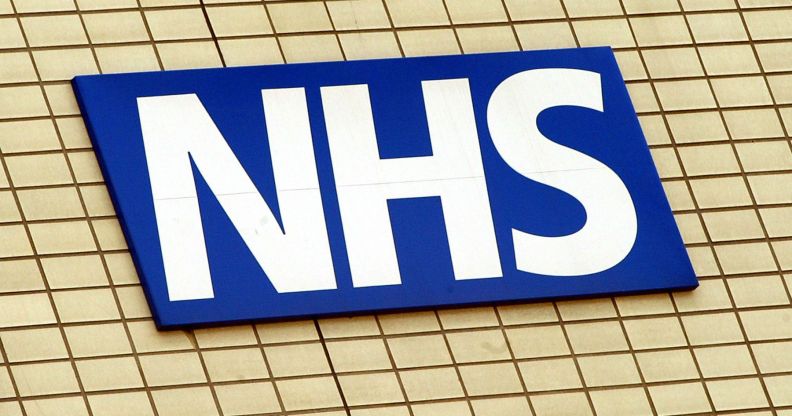Emergency department’s routine HIV testing has helped identify dozens living undiagnosed

A London hospital that introduced routine HIV screening for emergency patients has helped diagnose dozens of people who were unaware they were living with HIV.
Since July 2015, patients over the age of 16 who are already undergoing blood tests at St Thomas’ Hospital A&E are tested for HIV at the same time, unless they chose to opt out.
During the first year of the scheme, more than 29,000 people have been tested for HIV at the hospital, helping to diagnose 78 people who were unaware they were HIV positive.
The practise is aimed at helping to diagnose people who are unaware they are living with HIV. HIV can be managed with medication, but if untreated it presents both a health risk and a large risk of transmission to others.
Routine HIV testing is hugely cost-effective in the long-term, as it helps prevents further transmission.
The cost of including HIV screening in the routine blood tests is less than £5 per patient, but the cost of a late diagnosis is often considerable. in terms of both the patient’s health and unknowing onward transmission. The lifetime cost of treating an individual living with HIV is around £300,000.
Dr Nick Larbalestier, consultant physician and clinical lead for HIV at Guy’s and St Thomas’, says: “People with HIV can live long and healthy lives, but this depends on them being diagnosed promptly and receiving the specialist treatment they need. This is why it’s so important to normalise the testing process and increase detection rates.
“In 2014 there were 613 HIV/AIDS deaths in the UK (according to Public Health England) – half were associated with late diagnosis. We introduced routine testing in our Emergency Department to provide early diagnosis, so we can start to treat people sooner.
“Since introducing this new approach to testing, we have also seen a 15% decrease in the number of people with HIV being admitted to our hospital because people are getting the treatment they need before they become acutely unwell.”
12 people who had already been diagnosed but did not seek follow-up treatment were also identified thanks to the practise.
Joel Paparello, HIV specialist nurse at Guy’s and St Thomas’, says: “Our HIV screening programme is helping to identify people who might not otherwise get timely diagnoses. A quarter of the people we diagnosed had recently acquired the infection and early treatment intervention will have great personal and public health benefits.”
The hospital earned a royal seal of approval earlier this year when Prince Harry underwent a HIV test there, broadcast live on the Royal Family’s Facebook page.
Dr Michael Brady, Medical Director at Terrence Higgins Trust, says: “This proactive approach to HIV testing by Guy’s and St Thomas’ has been a fantastic success in terms of diagnosing people living with HIV who may not otherwise have known their status.
“We know that 1 in 6 people living with HIV remain undiagnosed. Testing puts people in control. When someone with HIV is on effective treatment they can expect long and healthy lives and won’t pass the virus on to others.
“This opt-out approach to testing will prevent people getting seriously ill, enable them to live longer and ultimately reduce further HIV transmissions. I hope other A&E departments, especially those in areas where rates of HIV and late diagnosis are higher, will be able to implement similar testing programmes.”
The practise has also been pioneered at a number of other hospitals.

